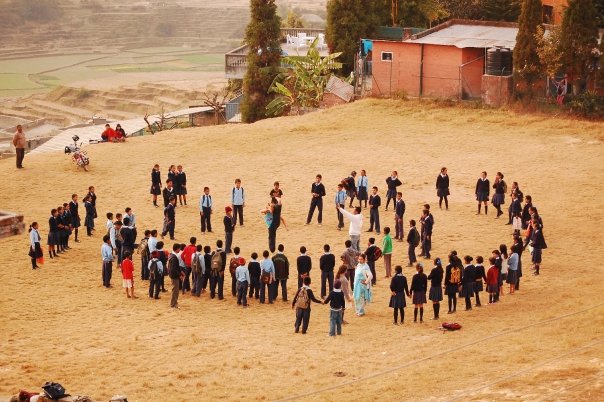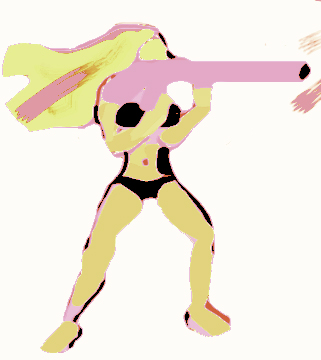All at once, the sentence evokes both feelings of utter fear and eagerness, confirming what I’d been hoping to learn – to what extent is an art teacher in control of the subject that they teach? Well, “to hire a teacher is to hire a curriculum,” writes Kit Grauer in her essay Walking the Talk: the Challenge of Pedagogical Content in Art Teacher Education (page 10, ReVisions). So…basically, the most specific thing in terms of guidelines for creating an art class for students will be the naming of lessons and units, or at least, that is according to Grauer.
In any case, there will be some challenge in transforming the studio knowledge that I already have into teachable, or pedagogical knowledge, as it’s called. It’s intimidating having the road ahead so open to possibilities, which makes it equally susceptible to failure. What will students want to learn? I know what some of the important aspects of art education are to me – what I’m thankful to have learned, what I want to know more about, what I wish someone showed me about certain disciplines when I was younger. However, that stuff isn’t necessarily important. What is of value are the broad impressions that art-making can potentially leave on students to help them grow to be better human beings, even if they don’t pursue careers in art.
Furthermore, there’s the likelihood of not even teaching in the field of art. How then will I deal with the open nature, or the lack of openness in creating a comprehensive and cohesive class for other subjects? I ask myself these questions, trying to bring myself back to the time in Nepal where Stephen and I created karate and drawing classes on the go, teaching in debris-filled lots and ruined school yards outside of Kathmandu. In the face of necessity and scarcity, there was an abundance of inspiration and ingenuity. What I fear, perhaps, is the vastness of playing the part of an entire curriculum.

The Chaotic Karate Class — Photo by Anna Carson.

